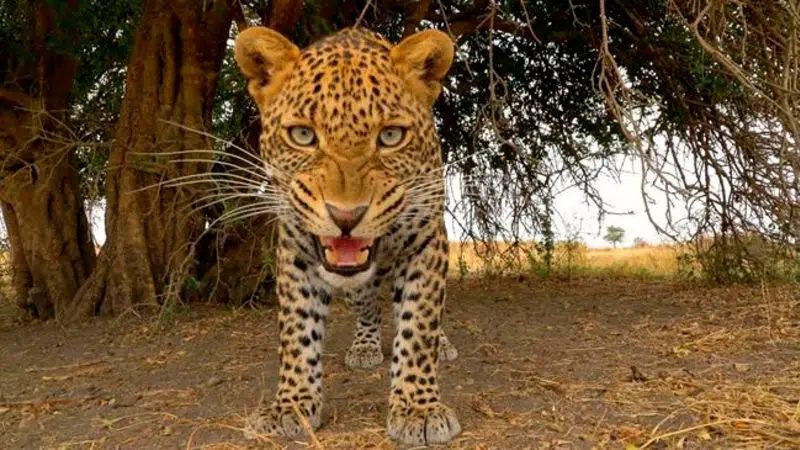
Series aims to tell wildlife stories from different view
NEW YORK — Lupita Nyong’o remembers clearly the first time she touched a giraffe. She was 5, and it was part of her childhood education growing up in Kenya to appreciate the wildlife around her.
“They weren’t exotic, they were there,” she recalled.
Over the years, the Oscar-winning actress has been involved in conservation efforts to preserve wildlife, and has spent time touring the national parks of her homeland where she got to marvel at the beauty of animals up close. So when she was recruited by Simon Fuller to narrate the new Discovery docuseries “Serengeti,” which follows the trials and tribulations of animal families including lions, baboons, hyenas and elephants, it was an energetic yes.
But it also attracted her for another reason.


